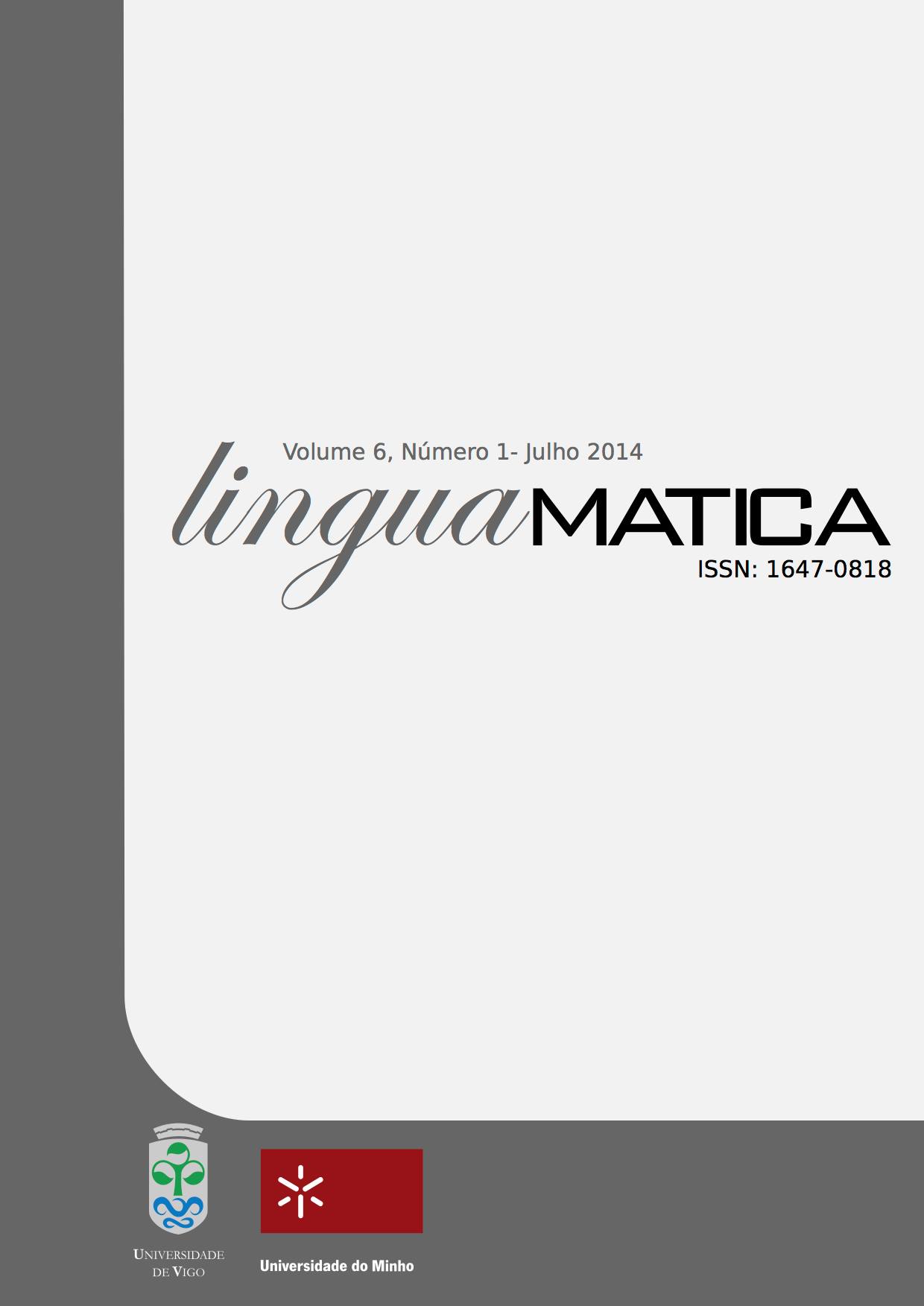Using Entity Grids to Automatically Evaluate Local Coherence in Scientific Texts
Keywords:
local coherence, entity-grid model, scientific writing
Abstract
In this paper we investigate the applicability of Barzilay and Lapata’s (2008) entity-grid model in the evaluation of local coherence in scientific abstracts written in Portuguese. More specifically, we focused on assessing whether such model could be employed in the implementation of a classifier capable of detecting linearity breaks that affect text coherence. Our experimental results are close to those of the original entity-grid model for English and very similar to the results reported by related works for other languages. In experiments with scientific abstracts, results are close to those obtained by human judges, showing that the entity-grid model can be used in the investigated context.
Published
2014-07-31
How to Cite
Freitas, A. R. P., & Feltrim, V. D. (2014). Using Entity Grids to Automatically Evaluate Local Coherence in Scientific Texts. Linguamática, 6(1), 29-40. Retrieved from https://linguamatica.com/index.php/linguamatica/article/view/v6n1-02
Issue
Section
Simpósio de Tecnologia da Informação e Linguagem Humana, 2013
Authors who publish with this journal agree to the following terms:
- Authors retain copyright and grant the journal right of first publication with the work simultaneously licensed under a Creative Commons Attribution License that allows others to share the work with an acknowledgement of the work's authorship and initial publication in this journal.
- Authors are able to enter into separate, additional contractual arrangements for the non-exclusive distribution of the journal's published version of the work (e.g., post it to an institutional repository or publish it in a book), with an acknowledgement of its initial publication in this journal.
- Authors are permitted and encouraged to post their work online (e.g., in institutional repositories or on their website) prior to and during the submission process, as it can lead to productive exchanges, as well as earlier and greater citation of published work (See The Effect of Open Access).













